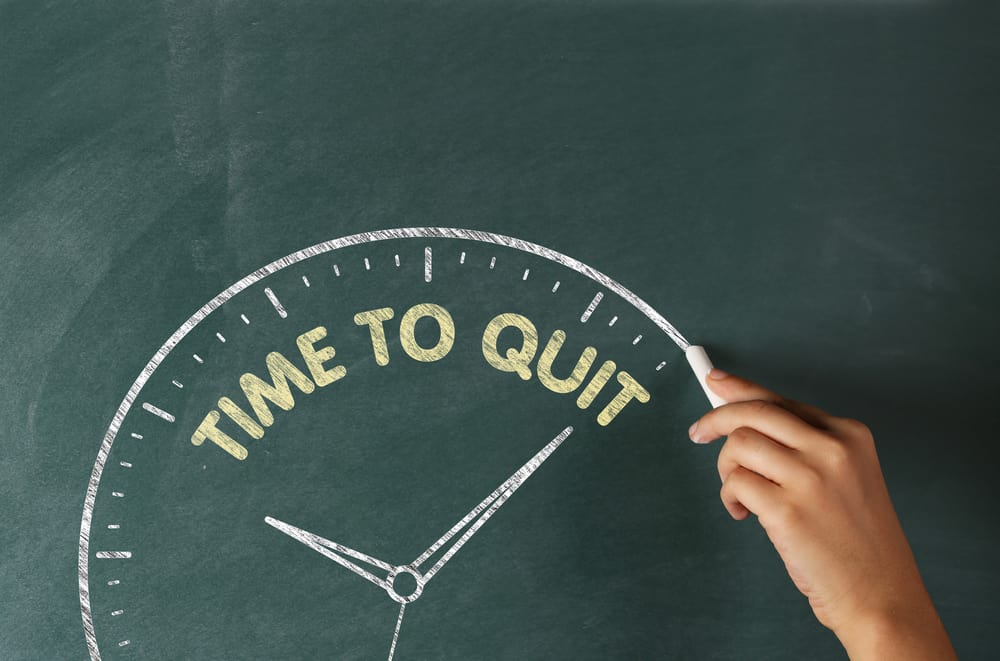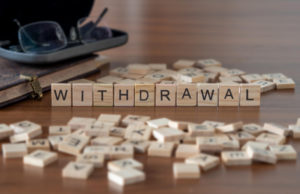Drug addiction doesn’t discriminate. The all-consuming disease can impact anyone, regardless of age, gender, income, or upbringing. Not only that, but when substance abuse gets out of hand, it can cause financial, physical, psychological, and social problems. And devastatingly, these effects aren’t limited to drug addicts. Family members, romantic partners, close friends, and colleagues can suffer as well.
When an addict’s loved ones become overwhelmed or fed up with their destructive behaviors, they often consider staging a drug addiction intervention. Before intervening, you should have a plan in place and prepare for various possible outcomes. Keep reading for a rundown of the drug intervention process, along with tips for a successful confrontation.
What Is a Drug Addiction Intervention?
First, what is a drug addiction intervention? It’s essentially a pre-planned meeting with an addict and their closest family and friends with the goal of getting them to accept help or change their behaviors. An addiction intervention specialist (or “interventionist”) might be present to help guide the meeting and mediate as needed. Typically, an addict won’t have any warning about the plan.
In some cases, interventions occur after other efforts to get through to an addicted individual have failed, but in other instances, it might be an initial attempt. Sometimes, family members want to make it clear that they plan to end any enabling behaviors of their own. This could include financial support, food, or housing. They might also give their loved one an ultimatum, explicitly outlining the consequences of not getting treatment or correcting their destructive behaviors[1]. While this harsh message can be difficult to vocalize, it’s often the only way to convince a person to seek help.
What Is the Drug Intervention Process?
What’s an intervention and what does the process look like? There are various approaches to a drug or alcohol intervention. The right method will depend on factors like family dynamics, the nature of your loved one’s addiction, any underlying mental health conditions, and previous attempts at confronting the problem.
That being said, the basic structure usually includes:
- Consulting with an interventionist or another addiction expert
- Creating a detailed plan
- Scheduling the meeting in advance
- Preparing what to say and rehearsing
- Having treatment options ready
So, do interventions work? Due to the nature of their disease, a drug addict’s response and receptiveness are often unpredictable. However, careful planning can improve the likelihood of a successful intervention[2]. Find a breakdown of each step below.
Consult with a Pro
Substance abuse is a private matter, so it’s good to keep the group small. However, though many families might want to attempt a drug addiction intervention without outside help, we recommend consulting with a professional interventionist. An intervention specialist can help you create a plan and guide you through each step[3]. Of course, you know your family member best, but an interventionist will know what to do in each possible scenario.
Create a Plan
When planning a formal intervention for drug abuse, the group should get on the same page about the goals of the meeting and iron out any details. Since most interventions are orchestrated without a drug addict’s knowledge, you’ll need to figure out how to stage an intervention. Where will you meet, and how will you get your loved one to show up?
We suggest holding the confrontation at the addict’s home or the home of someone in the group, as a controlled setting can make the meeting more productive and calm. Whether you plan to confront your family member when they get home from work or tell them to come over for dinner, you’ll need to have a plan to ensure their arrival.
Put It on the Calendar
Once you’ve got your plan figured out and know where you’ll hold the family intervention, put it on the calendar. While this might seem unnecessary if you already have a plan in place, the idea is that it shouldn’t be executed at the last minute. Don’t get us wrong—drug addiction is a serious and urgent matter that should be addressed as soon as possible. But scheduling an intervention will keep the process organized, ensure everyone shows up on time, and give you a deadline for preparations.
A formal intervention is an emotionally draining experience for both the family and the addicted individual, sometimes tempting families to back out. Putting it on the calendar will help you make sure it happens. Also, the confrontation will be more effective if you schedule it at a time when the addict doesn’t have any obligations or plans, like work, school, or a social gathering.
Plan What to Say
Each person involved in the intervention should be prepared to speak about how the substance abuse has hurt them or impacted their life. Make sure all parties know they need to come prepared with something to say. Try to keep it short—a few minutes should be enough time for each person to express themselves. Long emotional rants can dilute your message and cause an addict to zone out or interrupt you. Writing down your thoughts beforehand can help you stay on track when it’s time to talk.
You might want to rehearse your message a few times leading up to the drug intervention. Even in the presence of family, it’s normal to feel nervous during this type of confrontation. Additionally, it can be helpful to run through the meeting with everyone involved to go over potential responses and outcomes. Who will speak first? What will happen if they agree to go to drug rehab? What happens if they refuse? Try to think of and plan for all possible scenarios.
Know What Treatment Options Are Available
Before staging an intervention, the most important thing is to have treatment options at the ready. When you present your family member with a plan for recovery, they might be more compelled to agree. The idea of finding a treatment center, navigating the logistics, and figuring out how to pay for it can be overwhelming, especially during such an emotional time. Drug addiction is volatile in nature, and simplifying the solution can make an intervention more effective.
Research treatment centers and contact those that may be a good fit. Northbound’s rehabilitation center locations in the Orange County region of Southern California are equipped to treat addiction to all types of drugs, including prescription painkillers, stimulants, benzodiazepines, heroin, cocaine, methamphetamine, fentanyl, marijuana, and designer drugs like ecstasy. We’re also equipped to treat co-occurring mental health disorders and are proud to offer an integrated dual diagnosis program. Additionally, we accept most insurance plans and provide flexible payment options for any remaining costs.
Drug Addiction Treatment in Orange County
With a detailed plan in place and the support of an experienced addiction intervention specialist, you’ll be ready to hold a drug addiction intervention. Although even the most organized plan won’t guarantee your loved one agrees to get treatment, it can increase the likelihood. Whether you’ve tried and failed to get through to this person before or suspect they might have a substance abuse problem and don’t know where to start, Northbound is here to assist.
We can coach you through the process of an intervention, verify insurance coverage, outline various treatment program options, and get you started with admissions. The full continuum of care we offer includes detox, inpatient rehab, outpatient treatment, and addiction support services. Clients can choose from a variety of flexible plans, like our signature Careerbound® and Collegebound® programs. We even offer a family program designed to help families learn more about drug addiction and heal from the effects of substance abuse.
If someone close to you is addicted to drugs, please don’t hesitate to reach out to us at Northbound Treatment. We have over 30 years of experience helping individuals overcome addiction, and we know what works. Call us at (888) 978-8649 today.
External sources:
- https://www.ncbi.nlm.nih.gov/pmc/articles/PMC7001353/
- https://www.mayoclinic.org/diseases-conditions/mental-illness/in-depth/intervention/art-20047451
- https://www.verywellmind.com/would-an-intervention-help-my-addicted-loved-one-4147406
Author
-

President, CEO & Founder at Northbound Treatment Network
Paul Alexander is the CEO, President & Founder of Northbound Treatment Network in Newport Beach, California. He believes wholeheartedly in transformational leadership, organizational health and effective, fully integrated substance use disorder and mental health treatment. With over 27 years of experience in behavioral healthcare, Paul has extensive knowledge of “in vivo” treatment modalities, clinical development, operations, strategy, marketing and financial planning. He has been widely recognized for his development of collegiate-based residential treatment programs for students in recovery and authored a research study at The University of California confirming this modality’s effectiveness.
Paul’s comprehensive professional experience, willingness to innovate, and emphasis on organizational health are vital factors in Northbound’s continued success. Paul received his Certified Addiction Treatment Specialist training at Saddleback College in Mission Viejo, CA, and was awarded Outstanding Alumni Service Award in 2002. Paul holds a Bachelor of Arts degree in Criminology, Law and Society, Summa Cum Laude, from University of California, Irvine, and a Juris Doctorate degree from Loyola Law School of Los Angeles. Paul currently serves on The National Association of Addiction Treatment Providers (NAATP) board. In addition, he serves on The Family Recovery Foundation board and The CarePossible board in Orange County; both organizations are committed to raising funds for family recovery and treatment for former military personnel. Paul is in recovery himself and lives in Orange County with his wife Silvana and his two young sons, Noah and Dean.










